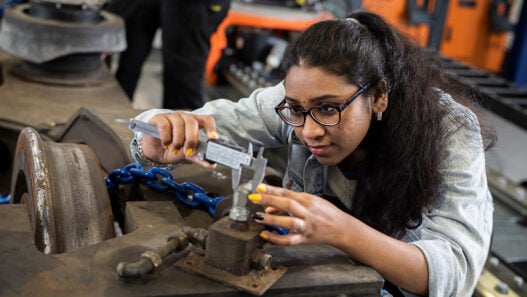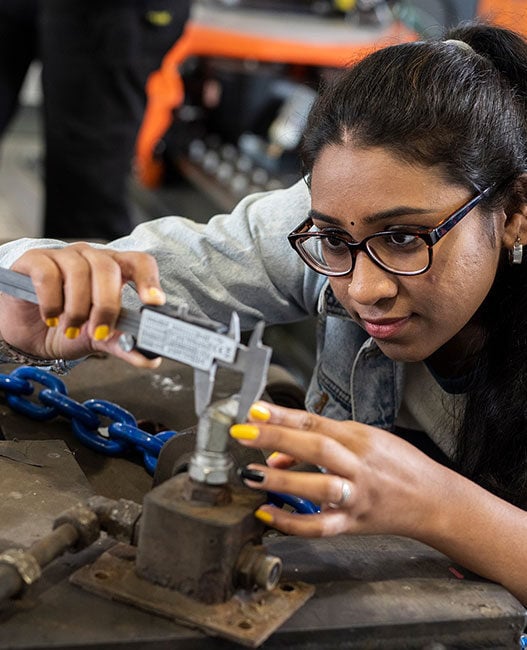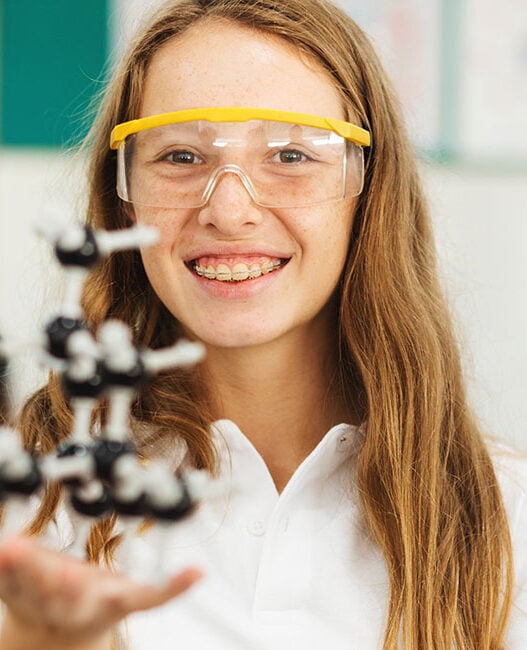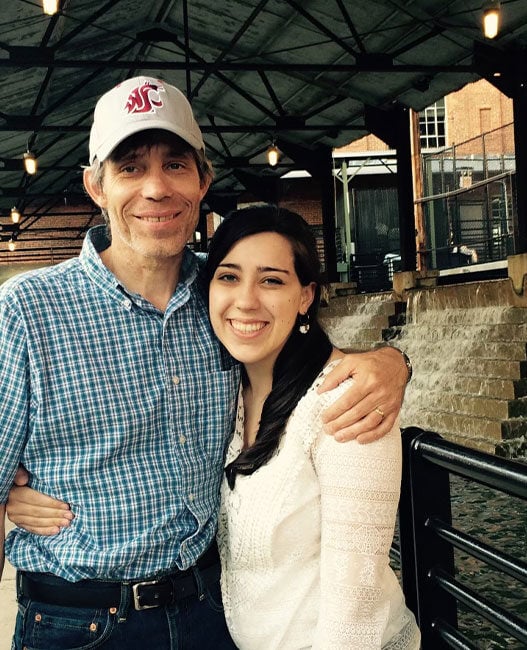In celebration of International Women in Engineering Day, we highlight her journey into high tech and what she hopes to see in the future of engineering.
With a natural aptitude for math and problem-solving, Nicole pursued a degree in electrical engineering. After graduating, she accepted a position at General Electric (GE), working on locomotives. Through her experience at GE, she found herself drawn to customer interactions and the process of translating customer needs into product direction, steering her career towards marketing and product management. This work eventually led her to a company specialising in test and measurement equipment for electrical engineers. It felt like a natural fit for her expertise.
Her move to Rehlko, then part of Kohler, initially involved exploring renewable energy products in the residential sector. Although that specific path evolved, it opened the door to the industrial side of the business, where she managed controls for generator sets. Over the years, Nicole has taken on roles across nearly every product line within Rehlko and today, she leads global product management for their large diesel offerings.
Evolving landscape of high tech and renewable energy
Nicole has witnessed significant shifts in the high-tech and renewable energy landscape throughout her career. A notable transition away from the pursuit of a single, all-encompassing solution to energy challenges. In the past, there was a prevalent belief that one technology – whether solar, wind, or batteries – would provide the ultimate answer. However, as the limitations of individual solutions became apparent, there has been a growing acceptance of combining technologies to leverage their respective strengths and mitigate weaknesses.
Furthermore, Nicole notes an increased awareness of the critical role that cost and reliability play in the sustainability equation. She finds it encouraging to see a more balanced approach emerging, where these factors are integrated into decision-making rather than being sacrificed for the sake of pursuing a single, often impractical, sustainable option.
Pride in impactful projects
One initiative Nicole is particularly proud of is Rehlko’s ‘Conscious Care’ programme, which focuses on smarter generator maintenance and sustainability. She explains that backup generators, much like insurance policies, are essential but rarely run. Traditionally, diesel generators required monthly loaded tests to prevent “wet stacking,” a common issue. However, with Rehlko’s product, the fuel burns efficiently enough to allow for testing without a load.
The programme introduced options for no-load testing and extended test intervals to every four months, significantly reducing fuel consumption over the generator’s lifespan. While this change may seem minor, Nicole emphasises that “over 20 to 25 years, it really adds up.” She also notes that this is just the beginning, with more steps planned to build on this foundation and create a broader impact.
Advice for future women engineers
When offering advice to future women engineers, Nicole stresses the importance of confidence. She encourages them to be honest about their knowledge while trusting in the value of their experience. “Many times, we assume others know more than we do, and that is simply not true,” she asserts.
She also advises them not to be afraid to ask questions, as it is a fundamental way to learn. Crucially, she urges women not to let knowledge gaps hold them back. “Too often, women focus on the 30% they do not know instead of owning the 70% they do,” she observes.
The future of sustainable engineering
Looking ahead, Nicole hopes to see a greater emphasis on continuous improvement and incremental change in sustainable engineering. She believes that groundbreaking innovation isn’t always necessary for progress; sometimes, even small adjustments to material choices or design specifications can have a lasting impact.
She provides examples from Rehlko’s work with generator sets, such as the consideration of low-carbon steel in certain parts of the system. Another area of focus is renewable diesel, also known as Hydrotreated Vegetable Oil (HVO), as better fuel choices become more accessible. Nicole sees these as practical, low-risk steps that can be adopted quickly and still make a significant difference, and she hopes this kind of forward movement continues.














